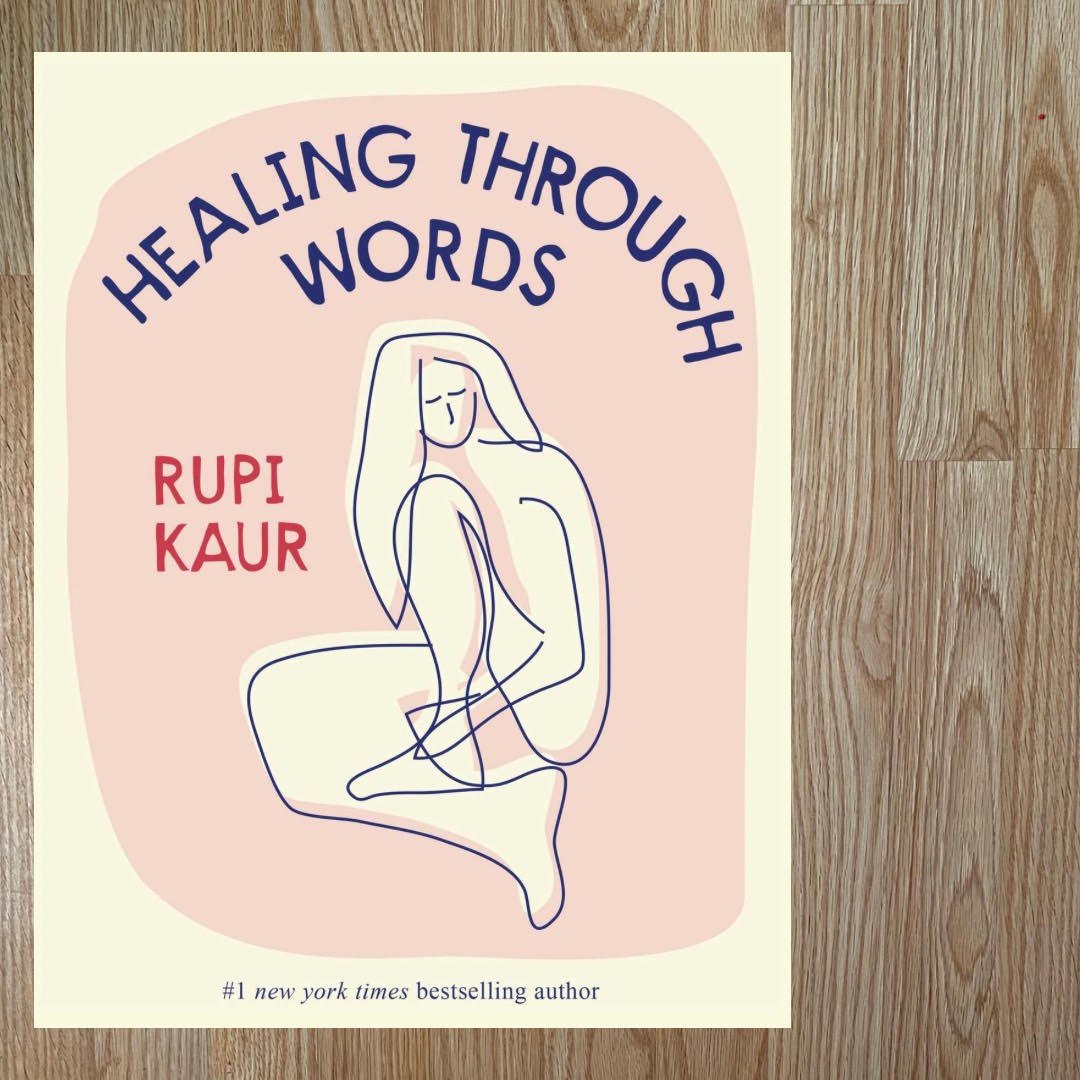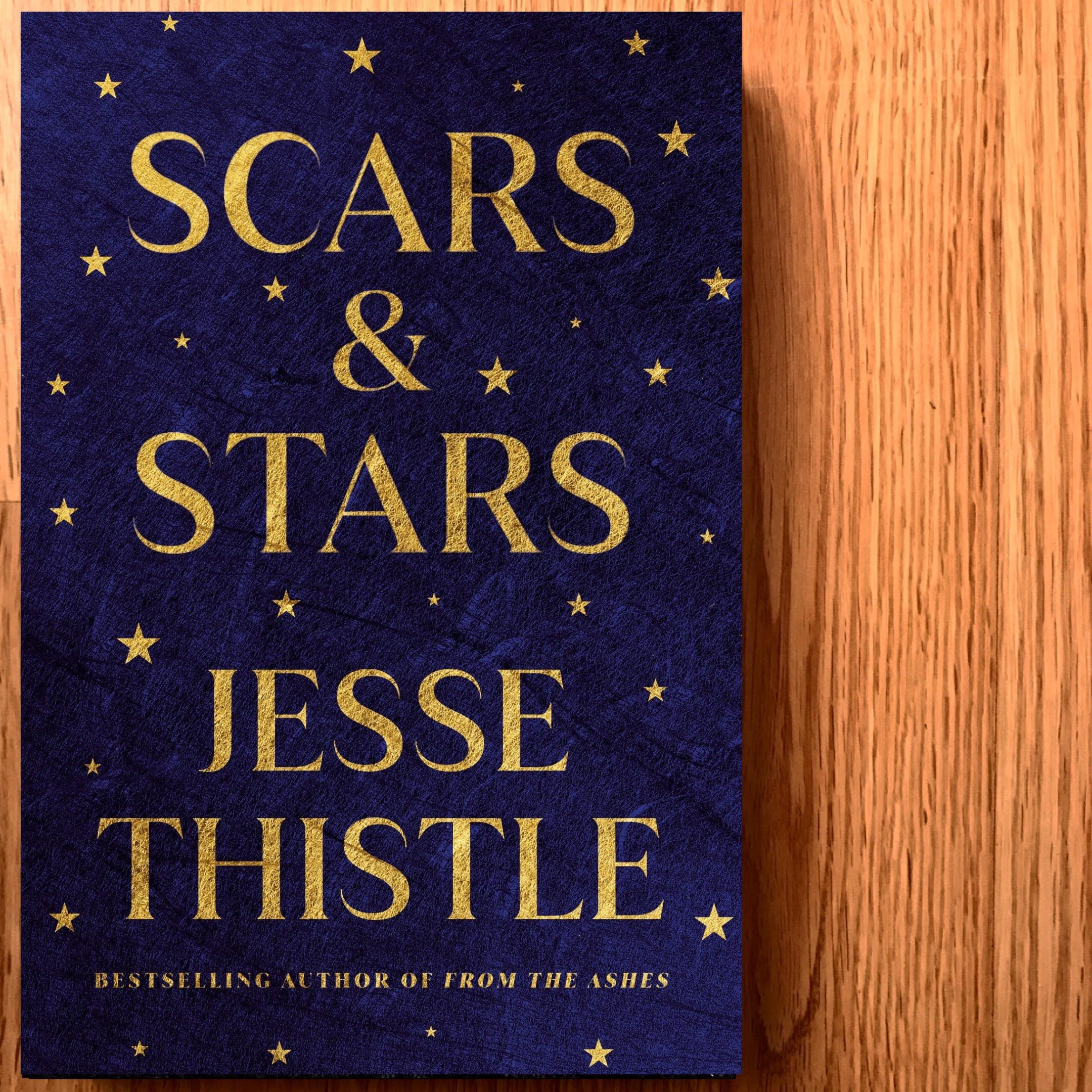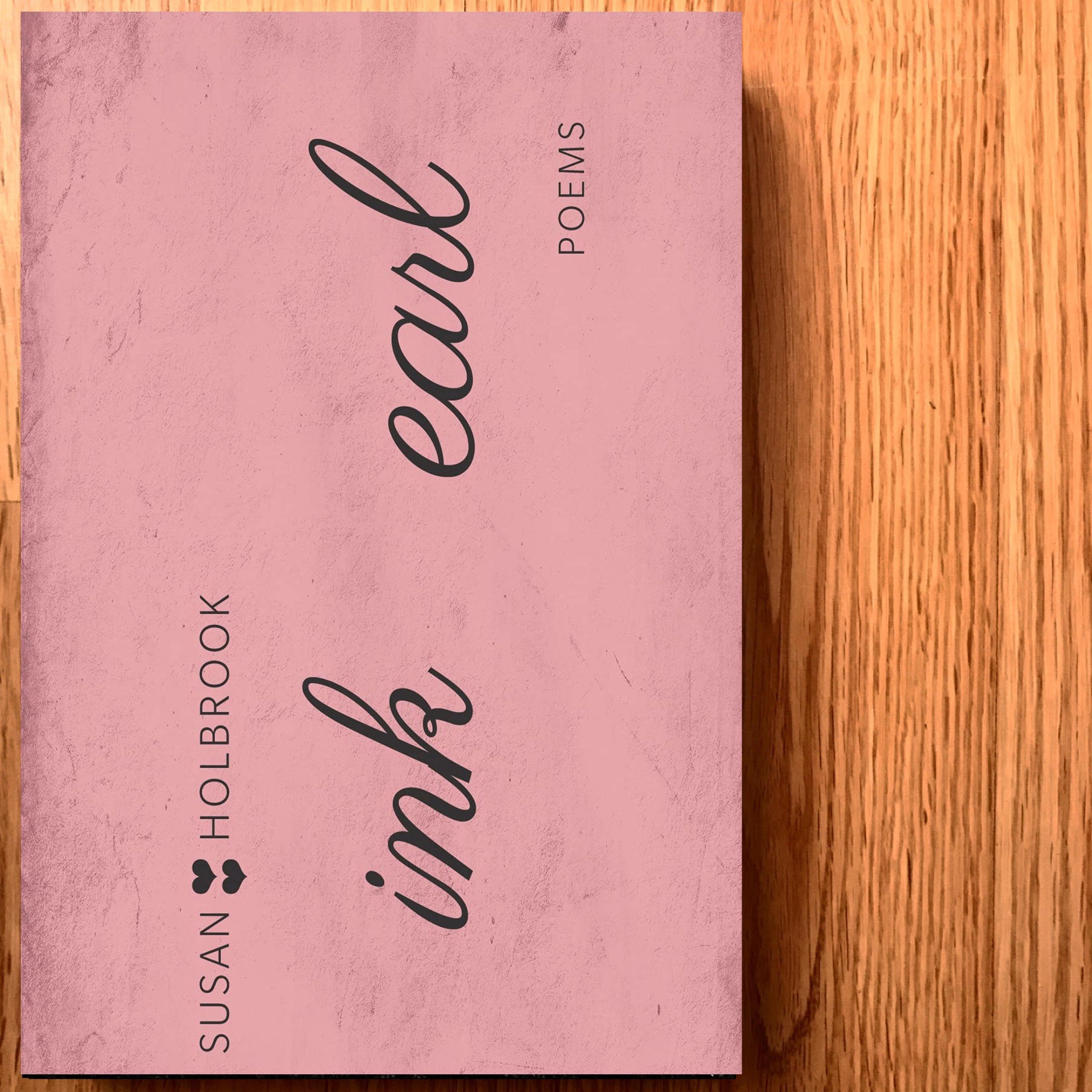I swore I would stop
apologizing in matters of sex and business, so instead I say:
thank you for your time and your interest in this project.
There is this old folktale about a scorpion and a fox—sometimes it’s a frog—in which the scorpion asks the fox to carry it across the river because it cannot swim. The fox refuses because it knows how dangerous the scorpion is but the scorpion begs, promising not to sting the fox at any point on their journey. The scorpion seems genuine and so the fox, who is not a cruel animal, finally agrees to ferry the scorpion across. And so they set out into the river, the fox paddling with the scorpion perched atop its back. Halfway across the river the scorpion stings the fox. As its body fills with poison the fox looks back and asks: Why have you done this? Now we are both going to die. The scorpion says only, I am sorry, but it is my nature.
The point of this story, I suppose, is to be wary of scorpions, assuming the listener identifies entirely with the fox, because scorpions will always sting you even if they promise otherwise. But what of the scorpion? What of the creature who cannot help but follow its nature, even if that nature causes it to drown without malicious intent?
Scorpion Season, a poetry collection by Montréal-based Mi’kmaw poet Tara McGowan-Ross, seems to ask this very question, with “coping mechanisms so strong they may kill her.” The collection is as immersive as a sensory deprivation tank. You enter the book and the world is dark; sound muffled in that particularly meditative way where air is heavy and you find yourself submerged fully in each poem. They begin to ring, softly at first, and then louder and louder. The collection walks the tightrope of confessional poetry, which risks melodrama if it is not masterfully handled. But McGowan-Ross is a master. She dances through each poem, landing on distinctive beats and luxuriating in each line while propelling onto the next. McGowan-Ross creates the through lines of the collection, weaving between each stand-alone poem with the dimensionality of a novel. Scorpion Season follows the creation of a speaker as seen through differing accounts by minor characters all of whom weave together the story of a self in its formation, dealing with identity, addiction, eating disorders, friendship, love, self-love, academia, philosophy, family, and grief.
The underlying beat of the collection is strong, giving McGowan-Ross space to use staccato notes, dancing softly on the syncopated beat. The beat changes, as do the syncopations, but McGowan-Ross’s skill is consistently shown throughout. The form remains close knit yet mouldable—as gauze over a wound. McGowan-Ross has an innate understanding of form, to rival any contemporary poet. Embedding trope, formal structure, mixed chronology, and more experimental styles including psychiatrist’s notes and emails with mysteriously redacted names, McGowan-Ross moves seamlessly throughout the seemingly sporadic yet meticulously intentional chronology of the collection (sometimes jumping between years from one poem to the next) to create an articulated self which expresses much more than its own selfhood.
Churning through grief in physical form, through the carried intergenerational trauma of waves of colonized peoples in the folds of an individual body, through self-loathing, through causing the fox beneath you to drown, the speaker of McGowan-Ross’s collection is magnanimous. McGowan-Ross is a delight on paper. Her delightfulness radiates to make you wish she was the friend sitting next to you filled with laughter and stories of youthful rambunctiousness until far too early in the morning.
In one interpretation, the tale of the scorpion and the fox presupposes the reality and functionality of a precise human nature; “mental defect: philosophy degree.” A secondary interpretation views the fable as a comment on individual nature. We are a composite of our contexts; “a psychologist tells me we repeat our parents’ habits in love and money. my immediate family history is one of resource mismanagement.” We are a mosaic of everything that we are or were or can be. All these things create our nature.
NATIONALITY: Colonized
RACE: Restless
INSURANCE: handouts
PRIMARY CARE: Alcohol
Scorpion Season is a revelatory look inside/beside/behind/in front of/and towards a mystical creature called woman/human/queer/philosopher/pervert/poet/artist/friend/daughter/sister/mother/lover/mentor/self and always (and always) filled with promises.
I promise not to egg your house or cause a scene at your work





















